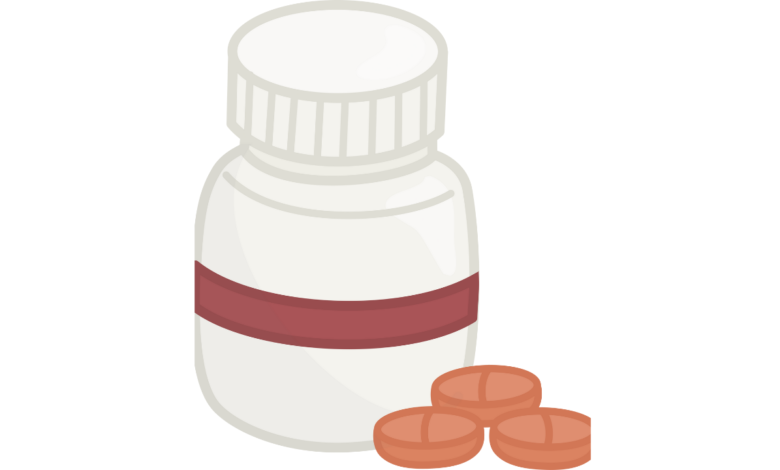Oxycodone: A very strong opioid that may be prescribed for severe pain.
Oxycodone: Understanding a Powerful Painkiller

Brief information about it
Oxycodone is a strong opioid pain medication.
Uses
Severe pain relief
Mechanism of action
Oxycodone binds to opioid receptors in the brain and spinal cord, reducing the perception of pain.
Elimination half life
The elimination half-life of oxycodone varies depending on individual factors, but it’s typically around 3-6 hours.
Route of Administration
· Oral: Oxycodone is typically taken orally in tablet or capsule form.
· Extended-release: Oxycodone is also available in extended-release formulations.
Side effects
Common side effects include:
- Constipation
- Nausea
- Drowsiness
- Dizziness
- Headache
Serious side effects, although rare, can include:
- Respiratory depression
- Addiction
- Overdose
Dose
The appropriate dosage of oxycodone depends on the specific condition and individual factors. It’s important to follow the dosage instructions on the medication label or as prescribed by a healthcare provider.
Precautions
· Consult a Healthcare Provider: Oxycodone is a prescription medication, so it’s important to consult with a healthcare provider before taking it, especially if you have any underlying health conditions.
· Avoid Alcohol: Alcohol can increase the risk of side effects.
· Monitor for Side Effects: Pay attention to any side effects and discontinue use if you experience severe or persistent symptoms.
· Pregnancy and Breastfeeding: Pregnant or breastfeeding women should consult with a healthcare provider before taking oxycodone.




